Homeownership is a dream that many people in India aspire to achieve. Beyond the comfort and security of having a place to call your own, owning a home can also be a valuable financial asset. One way to leverage the equity in your home is through Home Equity Loans. In this article, we will delve into the world of Home Equity Loans, exploring what they are, how they work, and their advantages and disadvantages.
Home Equity Loans come in two main types:
-
Home Equity Loan
A Home Equity Loan provides a lump sum of money upfront, which is to be repaid over a specified term with a fixed interest rate. This is an excellent option for those who need a significant amount of money for a specific purpose, such as home renovations or debt consolidation. The interest paid on Home Equity Loans may be tax-deductible in some cases, making it an attractive choice for borrowers.
-
Home Equity Line of Credit (HELOC)
A Home Equity Line of Credit is more flexible. It acts as a revolving credit line that allows you to borrow money as needed, up to a predetermined credit limit. The interest rate on a HELOC is usually variable, which means your payments can fluctuate. It is an ideal choice if you anticipate needing funds over an extended period or for various purposes.
The Benefits of Home Equity Loans
-
Lower Interest Rates
Home Equity Loans typically offer lower interest rates compared to unsecured loans or credit cards. This is because they are secured by your home, making them less risky for lenders.
-
Tax Deductible Interest
As mentioned earlier, the interest paid on Home Equity Loans may be tax-deductible in India, which can result in significant savings for homeowners.
-
Access to Substantial Funds
For homeowners with substantial equity, Home Equity Loans provide access to considerable funds that can be used for major expenses, such as education, medical bills, or even starting a new business.
-
Flexible Repayment Terms
With both fixed and variable rate options, Home Equity Loans offer flexibility in choosing the right loan structure that suits your financial needs.

The Risks and Considerations
While Home Equity Loans offer numerous benefits, there are risks and considerations to be aware of:
-
Risk to Your Home
Because your home is used as collateral, failing to repay a Home Equity Loan could lead to foreclosure. It’s crucial to be confident in your ability to make payments before committing.
-
Variable Interest Rates
In the case of HELOCs, the variable interest rates can lead to fluctuating monthly payments, which may pose challenges in budgeting.
-
Additional Costs
Home Equity Loans may come with fees and closing costs, so it’s essential to factor in these expenses when considering this financing option.
How to Apply for a Home Equity Loan
The process of applying for a Home Equity Loan involves several steps:
- Determine Eligibility: Check your credit score, home equity, and overall financial situation to see if you qualify for a Home Equity Loan.
- Shop Around: Compare offers from different lenders to find the best terms and rates that suit your needs.
- Gather Documentation: Lenders will require documents such as income statements, property appraisals, and mortgage information.
- Application: Complete the application process, which typically involves filling out forms and paying an application fee.
- Approval and Funding: Once approved, the lender will disburse the funds as per your agreement.
- Repayment: Make timely payments as per the loan terms.
Conclusion
Home Equity Loans can be a powerful financial tool for Indian homeowners, providing access to funds for significant expenses and offering potential tax benefits. However, it’s essential to carefully consider your financial situation and risk tolerance before taking this route. Always shop around for the best terms and rates, and make sure you understand the terms and conditions of the loan.


